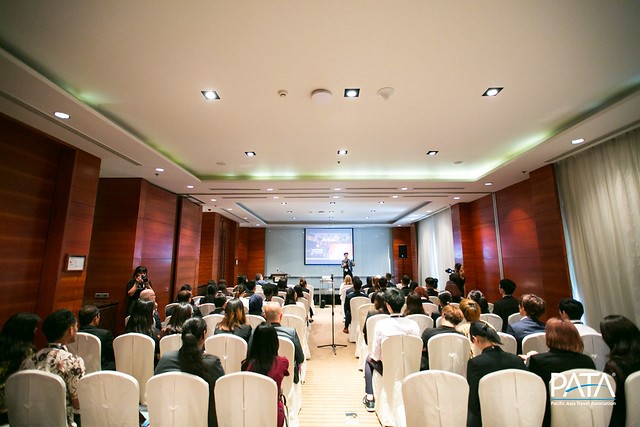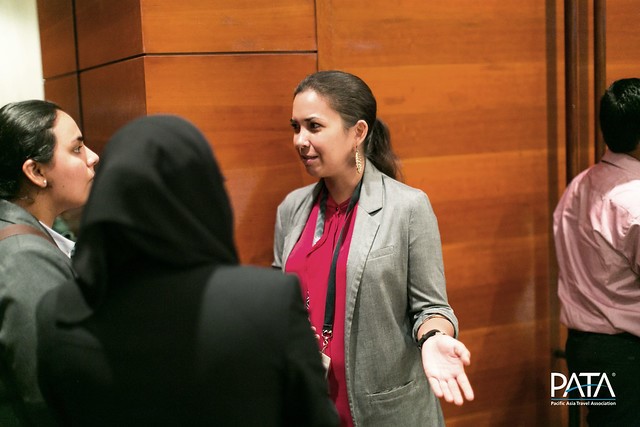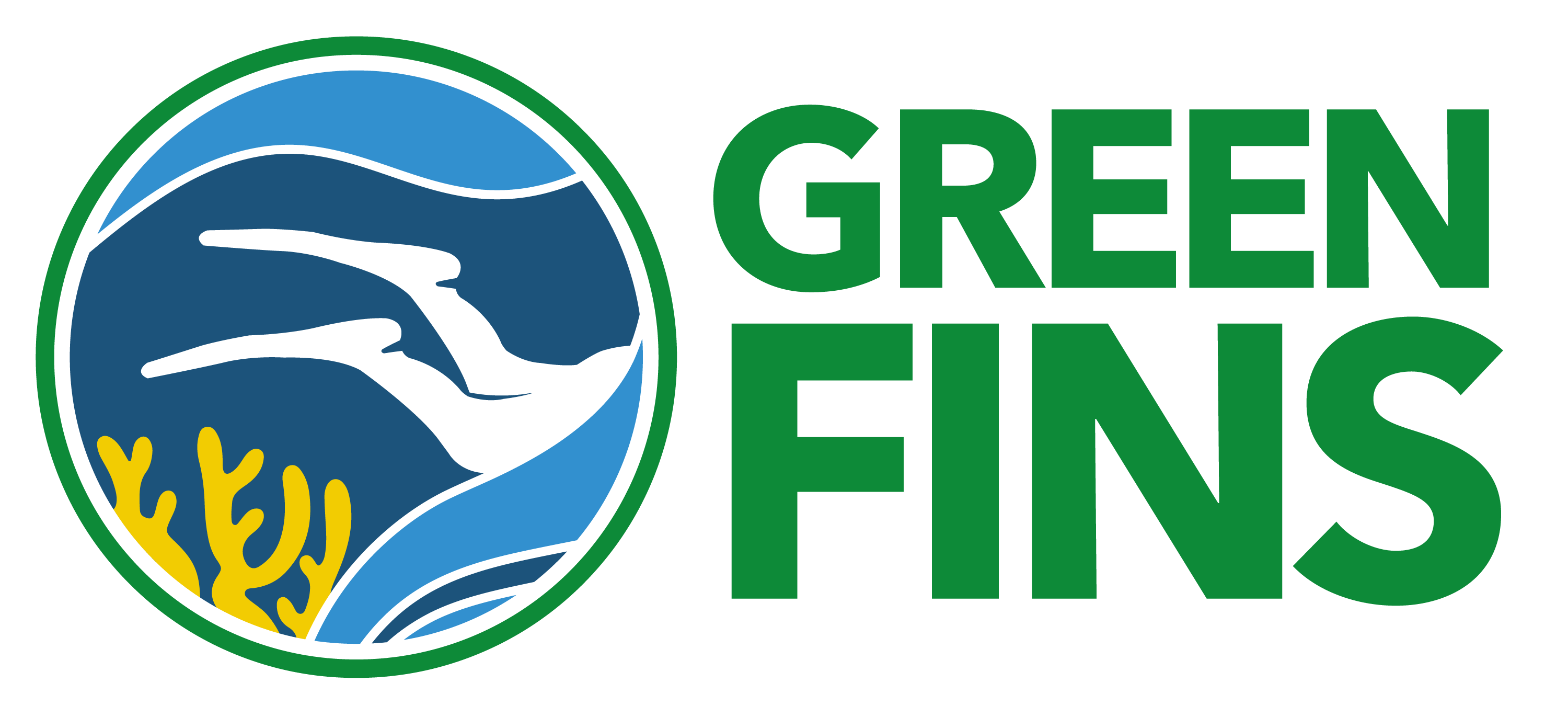The concept of sustainability is still considered “new” to the wider tourism industry, but with two billion international tourist arrivals predicted by 2021, it’s more pressing than ever. The topic was discussed in detail by members and partners of the Pacific Asia Travel Association (PATA) when they met for the Annual Summit (PAS 2019) hosted by the Department of Tourism Philippines in Cebu City (9-12 May 2019). Under the umbrella theme “Progress with Purpose”, keynote speeches, panel discussions and debates discussed the current state of the tourism industry, future predictions and the need to integrate social and environmental sustainability throughout the sector.
As an organisational partner of PATA, Reef-World (represented by Sam Craven) attended, taking part in the Young Tourism Professional Speed Networking event as well as the Annual Summit. The PATA secretariat is leading the charge for sustainability within the tourism sector – throughout their many annual events, speakers and discussion topics are carefully chosen to highlight the businesses and government tourism authorities taking leaps towards sustainability.
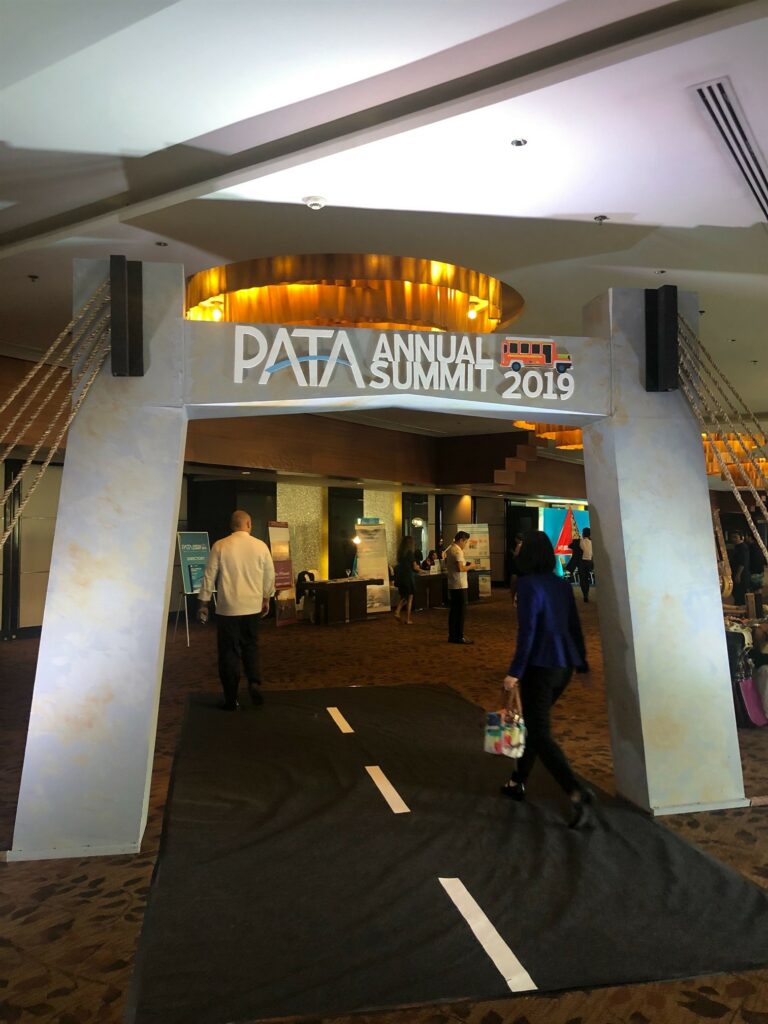
The backlash from “overtourism” (think Venice, Barcelona, Boracay, Maya Bay) is pervasive, with residents rebelling against high footfall and its impacts, or governments being forced to shut down destinations to allow nature – their tourism ‘product’ – to recover. The tourism market itself is changing, with Millennials and Gen Z representing a growing spending potential. We know they are loud in their demands (and reviews!) about sustainability. As one panellist said, “there is no choice, we must move in this direction”. Moreover, tourists are valuing their experience over goods and services, a shift in consciousness that is ripe for harvest by both business and government if they were to design their products and destinations to provide higher quality, hyper-local and more authentic experiences. This recognition is a fantastic start and while the next steps are exciting they are also in need of a greater sense of urgency and action.
The shining sustainable models of Palau and Bhutan were mentioned several times and it was clear more and more government tourism authorities want to get on the bandwagon – the Department of Tourism Philippines hailed “sustainable tourism as the name of our game”. There is a small but growing pool of case studies and guidance to help governments (and businesses) but we are still critically lacking the incentives (or disincentives) to getting ‘there’.
Andrew Staples from The Economist presented on the Global Outlook: Economics, politics and risk. He singled out climate change as a huge problem and one we cannot ignore. Despite this, its recognition as a risk was not represented in the list of Top 10 risks to the global economy. Nor was the long and well-documented risk of loss of ecosystems and biodiversity – the building blocks of our economy, which resurfaced in the headlines earlier this month following the release of an alarming report from UNESCO. Time and time again in our work with Green Fins, we have been told of tourism being measured by number of arrivals, spending patterns, length of stay. If we do not collectively start to implement ways to measure, document, and be accountable to environmental and socially responsible practices, they are in danger of sliding to the bottom of the to-do list. There needs to be a radical rethink in our metrics and KPIs to reflect the triple bottom line of sustainability.
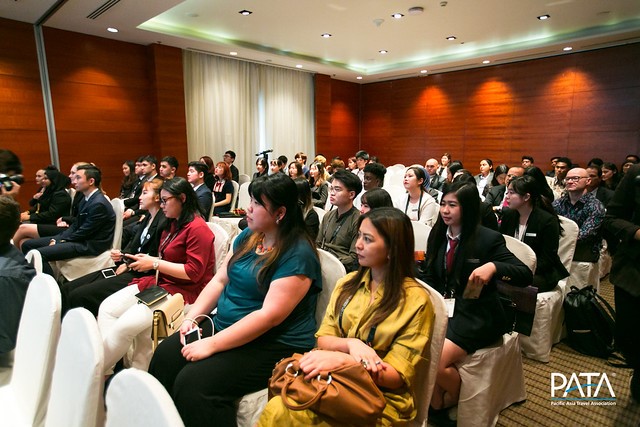
So, what do we do once we’ve defined how we want to be successful? What is sustainability and how do we get there. Special Advisor to PATA, John Koldowski suggested getting a non-linear thinking hat on: look at your data differently, apply different metrics (like Return on Experience) and act quickly. And maybe the most important message – keep moving. Progress with a Purpose does not have to equal perfection, but it does have to be progress.
It was inspiring to see how many delegates were taking up these messages and, though self-confessed as ‘new to the game’, the potential of the tourism sector to model profitable and sustainable business or destination management models is unrivalled. More and more practical tools – step by step guidance to implement best practice throughout tourism businesses like Green Fins, and PATA’s own BUFFET Initiative are cropping up, as are environmental and social standards for destinations. Reef-World is looking forward to seeing and being part of this progress.
